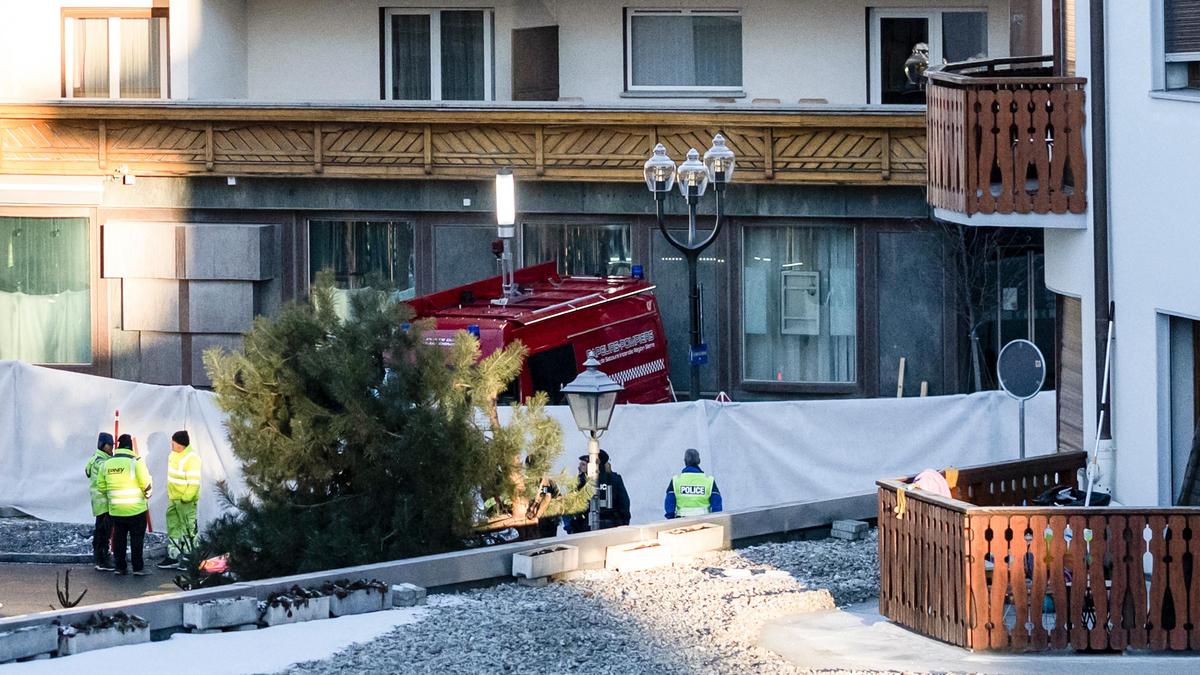
File picture: South African President Cyril Ramaphosa attends a press conference at the end of a South Africa–EU leaders meeting, ahead of the G20 Summit scheduled for November 22-23, in Johannesburg, South Africa, November 20, 2025.
| Photo Credit:
YVES HERMAN
The G-20 hasn’t even started, but has already descended into petty taunting.
This year’s host — South Africa — and next year’s host — the US — spent Thursday trading barbs over what exactly constituted participation in the conference.
But what read at times as a farcical diplomatic dispute over semantics underscored some of the deep divides plaguing this week’s meeting and threatening to undermine a preeminent global forum.
The heart of the controversy was a claim by South African President Cyril Ramaphosa that the US had reversed course and decided to participate in the G-20.
“We have received notice from the United States, a notice which we are still in discussions with them over, about a change of mind, about participating in one shape or form or other in the summit,” he said.
If true, it would represent a victory for Ramaphosa after US President Donald Trump announced his nation was boycotting the summit for the first time ever, while reiterating false claims that South Africa is instigating a genocide against White Afrikaners.
The actuality appeared more complicated — with the resulting controversy suggesting that tensions between Ramaphosa and the White House were only deepening, rather than easing.
Ramaphosa was apparently referring to a signal from the US that Marc Dillard, who became deputy chief of mission at the US Embassy in Pretoria in August, would serve as the US representative at a ceremony marking the handover of the G-20 presidency.
But Trump administration officials denied that proposing Dillard attend the handover ceremony amounted to any retreat from Trump’s vow not to participate in the conference.
“The representative of the embassy in South Africa is simply there to recognise that the US will be the host of the G-20,” White House Press Secretary Karoline Leavitt said Thursday. “They are receiving that send off at the end of the event. They are not there to participate in official talks, despite what the South African president is falsely claiming.”
Moreover, the South African government signalled displeasure with the decision to send an embassy official rather than a cabinet member.
The diplomatic squabbling has become a trademark of international summits in the Trump era, with foreign leaders scrabbling to engage with a US president who finds little utility in the broad international forums — while harbouring an appetite for conflict.
Thursday’s taunting evoked Trump’s response to the BRICS summit hosted by Brazil, where the US President and Brazilian President Luiz Inacio Lula da Silva, who was hosting the conference, traded insults and threats. But this time, Trump’s attack on the multilateral order is threatening to derail the conference as a whole.
Earlier this week, the US formally warned South Africa against pushing for a joint statement at the first G-20 held on African soil, according to a document seen by Bloomberg.
Beyond missing the summit, meant for the world’s most powerful leaders to address critical geopolitical and economic problems, the US is pressuring South Africa and other members not to publish a joint declaration at its conclusion.
“The US opposes issuance of any G-20 summit outcome document under the premise of a consensus G-20 position, without US agreement,” it said in a letter to South Africa, Bloomberg reported on Wednesday. “If a deliverable is issued under your presidency, it will be framed solely as a chair’s statement to accurately reflect the absence of consensus.”
Securing a declaration is a priority for Ramaphosa. He has sought to build on the agenda advanced by recent G-20 presidents from the so-called Global South — Indonesia, India and Brazil. That includes making the fight against climate change and inequality a priority. The US is opposed to prioritizing those issues.
More stories like this are available on bloomberg.com
©2025 Bloomberg L.P.
Published on November 21, 2025







